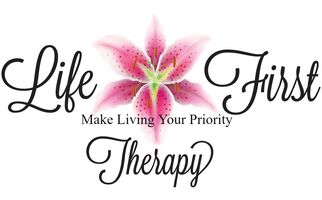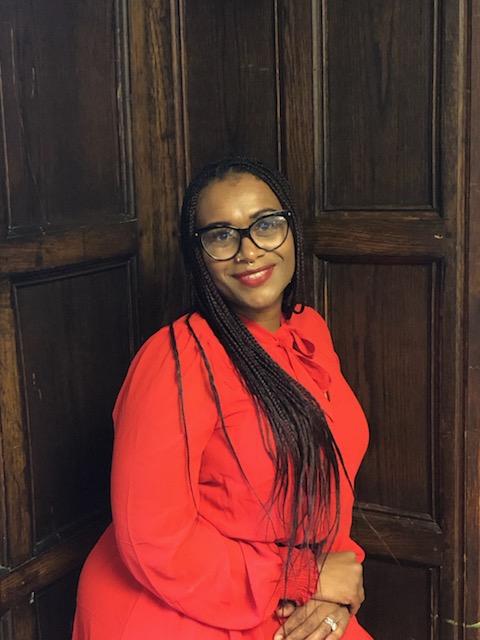|
I am in clinical supervision for my license in professional counseling (LPC). Supervision can be costly and it can be hard to identify the right “fit” for a clinical supervisor.
I contacted LCSWs and LMFTs, but after learning their prices, location and availability, I decided to get all of my hours with a LPC. The particular LPC I found offered group supervision after work hours. I utilized her group supervision only because I could not afford her for individual clinical supervision. Upon our initial contact, I asked questions about the process, yet very little was asked of me. After attending several months of group supervision, I felt as though I was missing something. The office was fancy and my peers were very nice, yet I walked away adding nothing to my professional growth or development as a therapist. When I had questions, response via email was hardly ever returned until the day I ended our business relationship. I also learned that although I enjoyed the peers I met during that time, group supervision was not for me. Last, I was not simply looking for someone to sign off on my paperwork. In this case, I was not getting my money’s worth. I started my search again. This time, I searched LinkedIn and Psychology Today. I was a little bit more adept at identifying what I needed in a clinical supervisor. I started asking people I knew in the field if they knew of licensed professionals that were offering clinical supervision. I was given several lists. While going through the lists, I had to break down them into manageable pieces of information that would help me find the right “fit.” I considered these 6 things:
What are some characteristics you look for in clinical supervision and supervisor? First published on LinkedIn - 4/4/17
0 Comments
My quest to finding a mentor was not easy. I would identify women whom I thought would be a “good” fit, but for many reasons, they were not. I did not have all the answers during the first couple of times I met with several potential mentors, but I learned to at least have these basics ready for discussion. We both had to be clear on the amount of time we were both willing to put into the mentor/mentee relationship. We both had to be clear on what we had to offer each other. After all, the mentor/mentee relationship is a two-way street.
I have used LinkedIn and professional conferences to identify potential mentors. I was told NO and would often take it personal. Although it was a letdown to my ego, it turned out to not be the end of the world. In the long run, those rejections saved me time and mental anguish from a professional relationship that would have added nothing to my success. I learned that having a mentor is just one piece to my success. Instead, I have surrounded myself with people that represent where I would like to be – today, tomorrow, 5 or 10 years from now. The 6 Essential People You Need in Your Network, (Bucklan, 2014) are:
Bucklan (2014) suggest that you want to assemble a diverse group of talent that is known as “social capital” in order for your network to really have an impact on your success. It is great to have a social media presence and “friends” in your circle, but quality counts over quantity. Having these six types of people in my life has allowed me a well-rounded journey to success. Do you have any of these people in your circle? First published on LinkedIn - 4/1/17 As a therapist, I am constantly finding ways to evolve not only professionally, but as a human being. My evolving process is holistic – spiritual, mental, physical and emotional. Being mindful requires me to be in the present, live in the now and sit with whatever emotion I may be experiencing based on something I perceive as negative at that moment.
When I am not practicing mindfulness, my mind wanders between the past and future instead of focusing on what is happening right in front of me. This can trigger an unproductive, negative reaction. For example, you go on a job interview and leave feeling like you aced it. Your mind begins to think about the future and all the things the new job can bring. A couple of days goes by and you hear nothing. Your mind now goes to the past, replaying the interview and asking yourself what did “I do wrong?” Since you really wanted “this” job, emotions are running high from not knowing if you got the job or not. Now, you retreat without having all the facts. With all of this going on, it can be hard to be present in your life, flexible in your thinking or not controlled by your emotions. Instead, you are stuck in last week when you had the interview. When I find myself in this or any related situation, I find a space to sit and do a self-check. I identify what I am feeling mentally (anger, frustration, irritation, etc.). Next, I do a body scan. I ask myself what I feel inside out. I take deep breathes and sit with the emotions instead of fleeing or distracting myself. I do not judge what is going on or what I am feeling as right or wrong. When I do not want to sit with my painful feelings, it is okay! At the least, I recognize them and what they are/mean so that in the event it happens again, I am better equipped at handling myself inside out. This is definitely easier said than done because the mind can wander, so what I like to do is vent to a nonjudgmental friend &/or instantly write my thoughts down. Every day, I write 30 things that I am grateful for. This helps me stay present. For every negative, find a positive.Focusing too much on the future causes worry and staying in the past creates guilt and/or regret. None of these emotions add to my well-being although pain is a part of life. However, mental, emotional and physical pain can be reshaped by practicing mindfulness. No one can change yesterday and tomorrow is not promised. Constantly going between the past and future can be draining and daunting. You deserve peace within your body, mind and spirit. How mindful are you? First published on LinkedIn - 4/3/17 |
Archives
February 2021
About MeI am a loving and perceptive therapist. I helps professional women of color! I work collaboratively with my clients to build their self-confidence. We identify tools that are needed to build a career and live a life worth living! I listen quietly and attentively remembering details to tell truths that need to be spoken. Let's Connect |
|
CONTACT ME
Phone: 267-598-LIFE (5433) Email: [email protected] Mailing Address 2031 66th Ave, #14176 Philadelphia, PA 19138 |
If you are in a crisis, online therapy is not the best option for you.
Call the National Suicide Prevention Lifeline 1-800-273-8255 or text "988" |
Disclaimer: Please note, the information offered on this website is not, nor is it intended to be, therapy or psychological advice, nor does it constitute a client/therapist relationship. Please consult a physician for individual advice regarding your own personal health and well-being. Thank you.
© 2017-2024 Life First Therapy | ALL RIGHTS RESERVED.
© 2017-2024 Life First Therapy | ALL RIGHTS RESERVED.

 RSS Feed
RSS Feed
